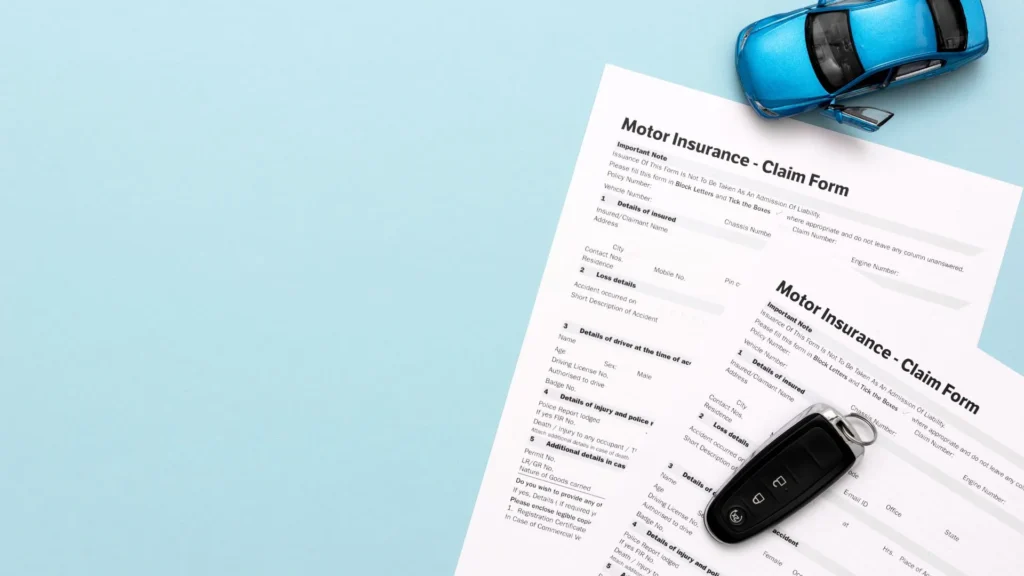Does Car Leasing Include Insurance?
No, car leasing typically does not include insurance. You are responsible for obtaining and purchasing your car insurance when you lease a vehicle. It’s essential to have insurance coverage before taking possession of the leased car, as driving without insurance is generally illegal. You can add the leased vehicle to an existing insurance policy or purchase coverage separately, either online or at the dealership.
Insuring A Leased Car
Although not synonymous with ownership, leasing a car demands comprehensive insurance coverage. While the Insurance Information Institute (III) underscores the necessity of personal insurance, factors such as legal requirements, leaseholder mandates, and potentially included coverages contribute to the overall insurance landscape for leased vehicles.
Car Insurance Coverages Required By Law
According to the III, adhering to legal requirements is imperative, with liability coverage taking the forefront. Most states stipulate a minimum liability coverage as financial protection for third-party injury or property damage resulting from accidents. Additionally, uninsured and underinsured motorist coverage may be mandatory, safeguarding against drivers lacking adequate insurance. Some states may require personal injury protection instead, adding a layer of coverage for medical expenses.
Insurance Coverages Required By Your Lease Holder
The leasing company technically owns the vehicle, so specific insurance requirements are imposed to protect their financial interests. Collision coverage is mandated, facilitating repairs for damages incurred from accidents, irrespective of fault. Comprehensive coverage, meanwhile, steps in for non-collision incidents such as theft, vandalism, or falling objects. The III outlines these obligations to ensure the leased vehicle’s sustained value.
Insurance Coverages May Be Included With Your Car Lease
The III highlights that leasing companies often incorporate gap coverage into lease payments. This critical inclusion aids in paying off the auto loan if the leased vehicle is deemed a total loss while being “underwater” on the loan. Leasees are advised to confirm with their leasing company whether gap coverage is integral to their agreement. If not provided, the option to procure coverage from their insurer as part of the overall car insurance policy remains available.
Comprehending the amalgamation of legally required, lease holder-mandated, and potentially inclusive insurance coverages is pivotal for individuals leasing a car, ensuring a well-rounded and protective insurance portfolio.
What Insurance Does My Leasing Company Need for the Car Lease?
Leasing companies typically mandate comprehensive and collision coverage for leased vehicles. Additionally, they may require higher bodily injury liability limits, like $100,000 per person and $300,000 per accident, along with a specified amount of property damage liability coverage, such as $50,000. Collision coverage addresses accidents with other vehicles or objects, while comprehensive coverage handles damages from uncontrollable weather, theft, or vandalism.
What Are The State Requirements For Insurance On A Leased Car?
State insurance requirements for leased cars align with those for owned or financed vehicles, varying by location. Most states mandate liability coverage, encompassing bodily injury and property damage liability. Specifics, such as minimum coverage amounts, differ by state. Additional requirements, like uninsured motorist coverage or personal injury protection, may apply in certain states to cover medical costs for drivers and passengers involved in accidents.
Is Leased Car Insurance More Expensive?
Leased car insurance tends to be more expensive due to heightened insurance requirements. Although leasing offers lower monthly payments than financing, the trade-off involves increased insurance costs. Additionally, lessors may stipulate specific deductibles for comprehensive and collision coverage, impacting overall insurance rates.
How Can I Lower My Lease Insurance Price?
To minimize lease insurance costs, explore options like shopping for competitive prices and taking advantage of available discounts. Compare insurance providers to identify potential savings and consider bundling policies, as many insurers offer discounts when combining auto coverage with home or renters insurance. Exploring these strategies can help lower your overall auto insurance expenses.
Is Gap Insurance Required For My Leased Vehicle?
Gap insurance may be necessary for leased vehicles, especially as new cars experience rapid depreciation post-purchase. Lessors often mandate gap insurance to bridge the potential shortfall between the car’s value and the remaining lease balance. Progressive’s loan/lease payoff coverage serves a similar purpose to traditional gap coverage, providing financial protection in the event of a total loss. Understanding these considerations is crucial for leased vehicle coverage.
How Does An Accident Work With A Car Lease?
In a leased vehicle accident, insurance procedures differ. The dealership is listed as a loss payee when insuring a leased car. After a crash, the claims settlement is directed to the dealership, covering repair costs if you were at fault. However, if insurance doesn’t fully cover repairs and you lack gap insurance, you may be responsible for the remaining amount owed on the lease.
Is It Better To Buy Or Lease Your Car?
Choosing between buying and leasing a car depends on individual circumstances and preferences. Leasing suits those needing a vehicle for a short term or desiring the flexibility to switch cars regularly without the burden of reselling. It eliminates interest payments and reduces maintenance costs, making it an appealing option. However, owning may be preferable for those with extensive commuting needs, as leasing imposes mileage limits.
Conclusion
Buying or leasing a car involves weighing individual preferences and circumstances. Leasing offers flexibility and lower monthly payments but comes with potentially higher insurance costs. Insurance requirements, including gap coverage, are crucial for leased vehicles. Whether to buy or lease ultimately depends on one’s needs and priorities, each offering distinct advantages.
You might also be interested in this article:




























